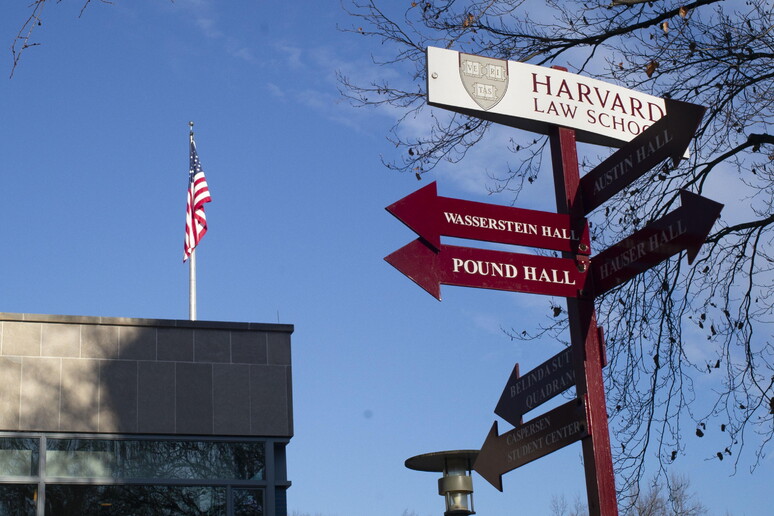As the clash between the Trump administration and Harvard University continues, new details about their battle are beginning to emerge.
As revealed by the New York Times, an official of the government’s task force against anti-Semitism told the university’s top leadership this week that the letter containing a series of requests regarding recruitment, admissions and curriculum, sent to the university last week, was allegedly sent in error, without official authorization.
It was the missive in question that started the confrontation between the parties, as Harvard, unlike other institutions, refused to give in to pressure from the administration. According to some sources, the letter was sent by the general counsel of the Department of Health and Human Services, Sean Keveney, a member of the task force on anti-Semitism.
The document effectively ended, at least for the time being, the university’s top leadership’s chances of reaching an agreement with the government team. After Harvard publicly rejected the demands, the Trump administration froze billions in federal funding and also considered revoking the tax-exempt status the Ivy League university enjoys.
Despite the mistake in sending the letter in question, some government officials blamed the university for not continuing negotiations with the task force on anti-Semitism. “It was malpractice on the side of Harvard’s lawyers not to pick up the phone and call the members of the antisemitism task force who they had been talking to for weeks,” said May Mailman, the White House senior policy strategist. “Instead, Harvard went on a victimhood campaign.”
At the same time, according to Mailman, negotiations between the parties could resume if the university gave in to the administration’s demands while apologizing to its students for allowing anti-Semitism to reign on campus.
“It remains unclear to us exactly what, among the government’s recent words and deeds, were mistakes or what the government actually meant to do and say”, the leadership of America’s most prestigious university reiterated, “But even if the letter was a mistake, the actions the government took this week have real-life consequences on students and employees and the standing of American higher education in the world.”
According to the New York Times, Harvard officials were shocked that such an important document, bearing the logos of government agencies and the signatures of three senior officials, could have been sent by mistake. However, despite the mistake made, the government seems to have no intention of withdrawing its requests.











